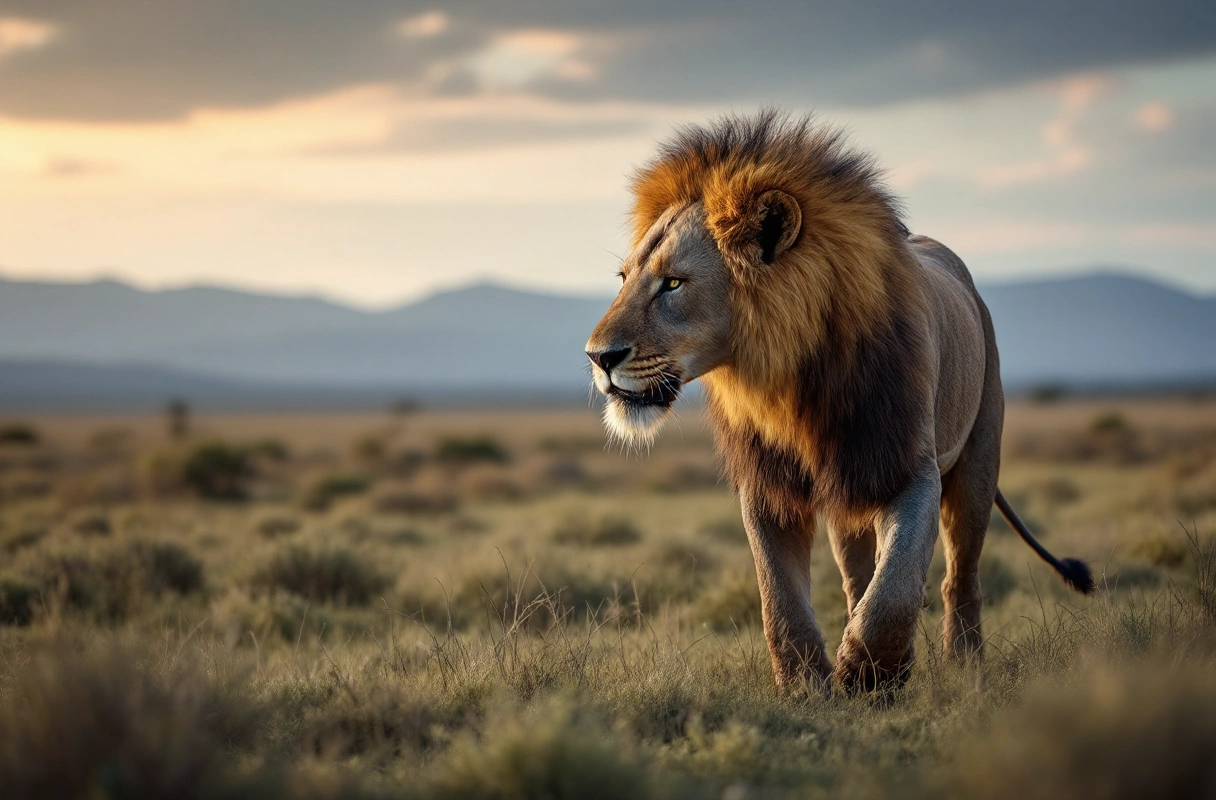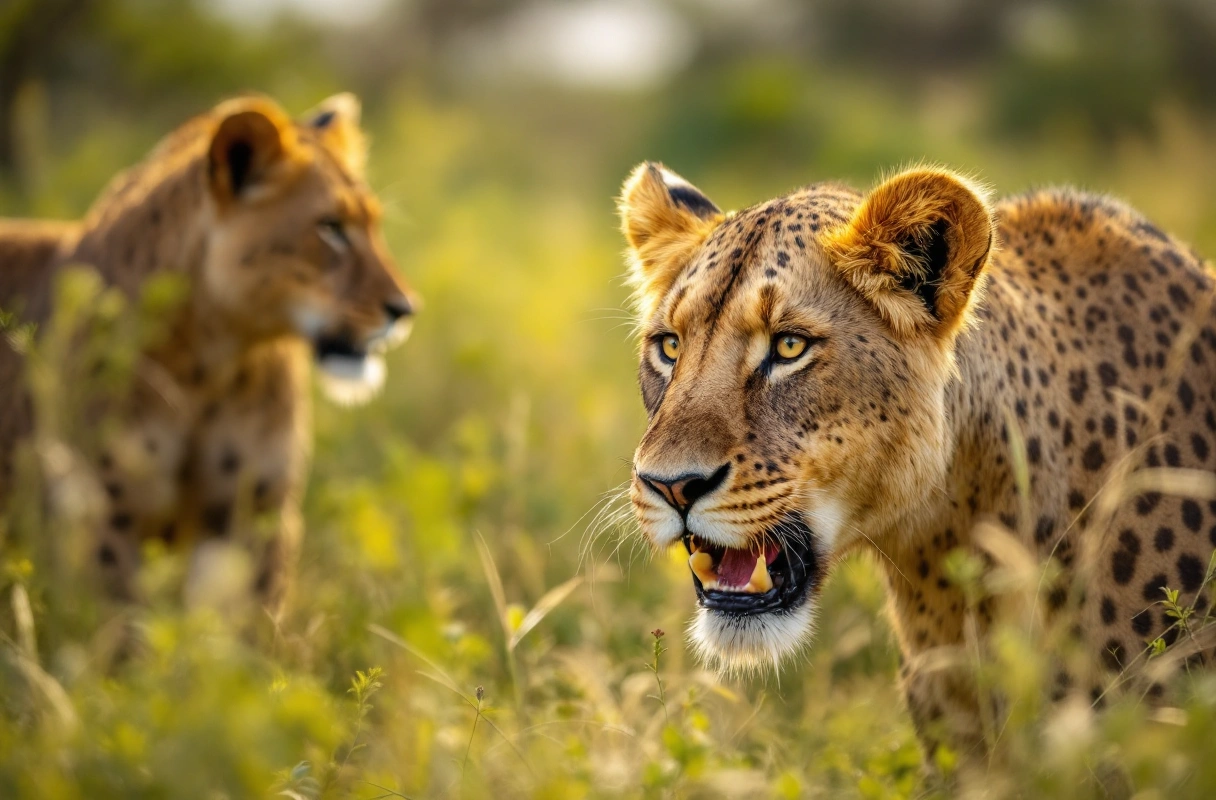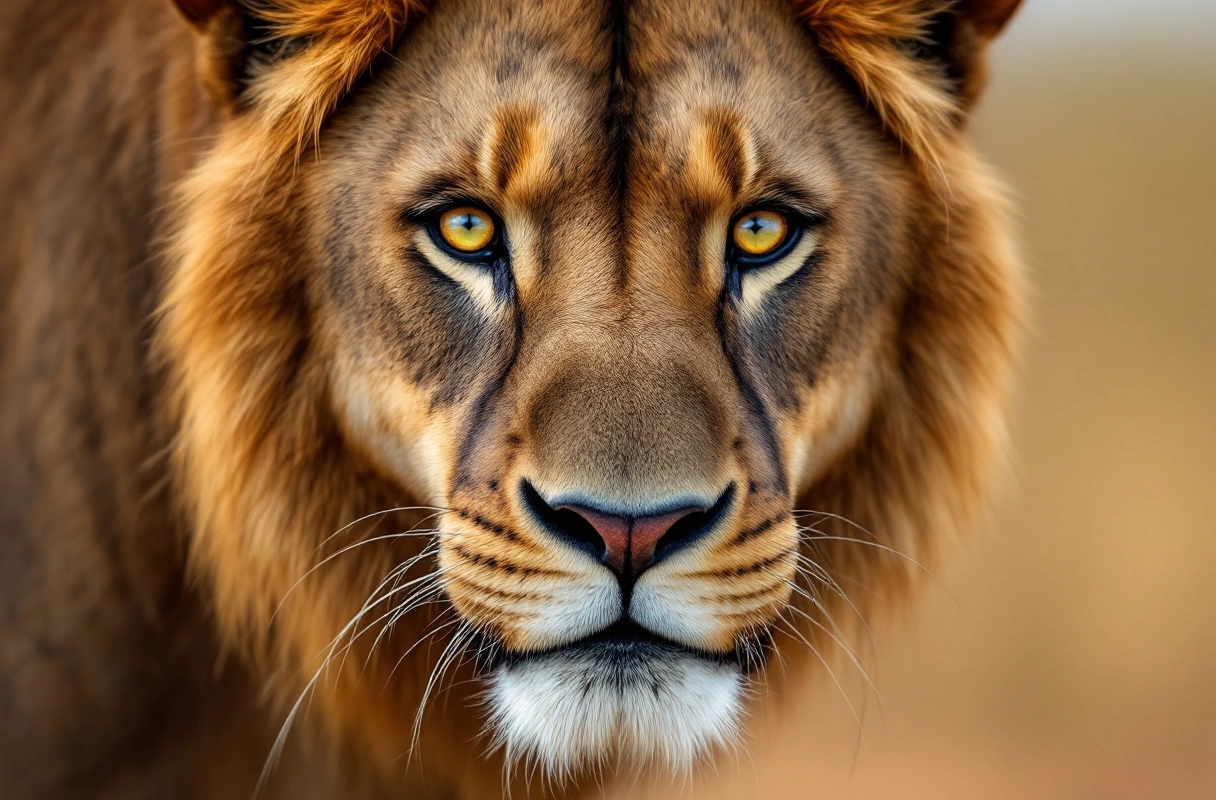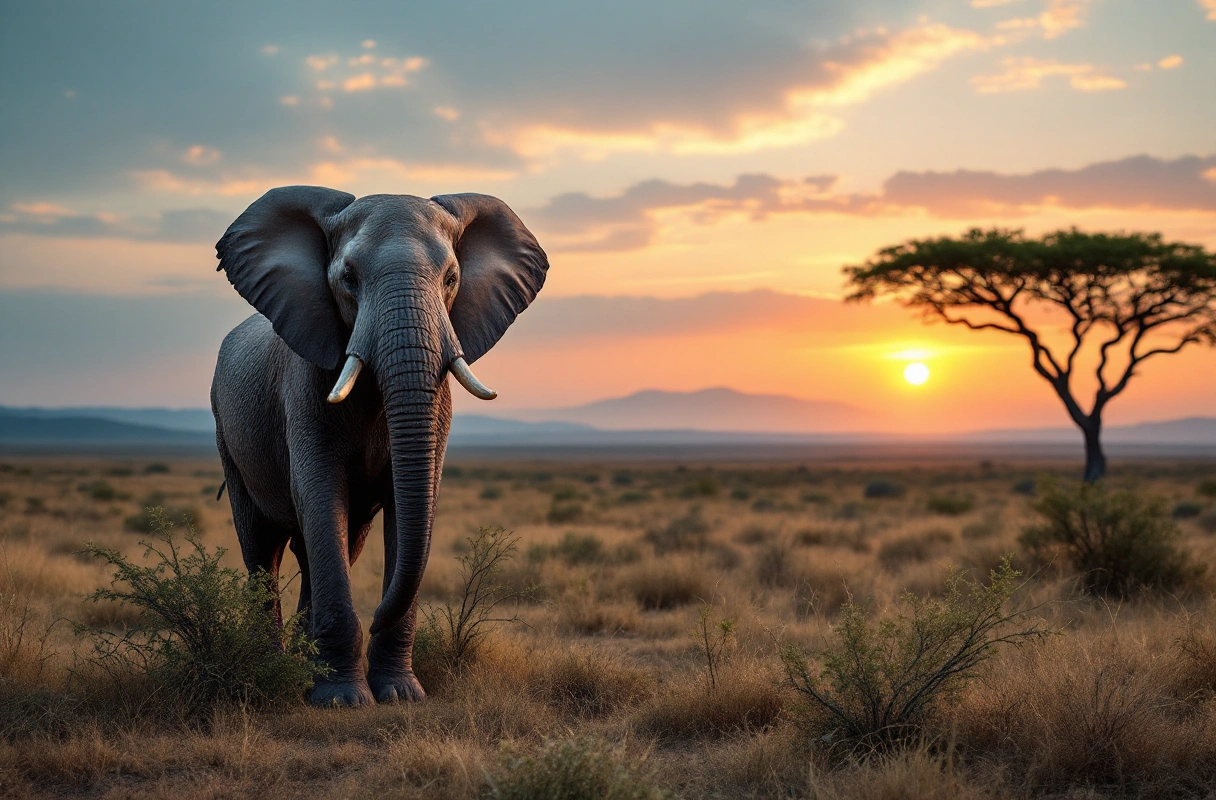
As one of the most biodiverse regions on Earth, Africa is home to an incredible array of wildlife, including numerous endangered species. These magnificent creatures, often referred to as African Animals, are not just integral to the continent's ecosystems but also play a vital role in global biodiversity. However, the survival of many of these species is under threat due to habitat loss, poaching, and climate change. This article explores the conservation efforts aimed at protecting African Animals while providing essential information on what to pack for a safari adventure in Africa.

Conservation efforts for African Animals are crucial for preserving the continent's rich biodiversity. Many species, such as elephants, rhinos, and lions, face extinction due to human activities. By understanding the significance of these efforts, individuals can contribute positively to wildlife preservation.
Protected areas, including national parks and wildlife reserves, are vital in safeguarding habitats for African Animals. These regions serve as sanctuaries where animals can thrive without the threat of poaching or habitat encroachment.
Community engagement is essential for the success of conservation efforts. Local communities often rely on natural resources for their livelihoods, making their involvement critical.

Many African Animals are classified as endangered or critically endangered, highlighting the urgent need for targeted conservation efforts. Understanding these species and their plight is essential for anyone interested in wildlife conservation.
Conservation strategies targeting endangered species often include:

Preparing for a safari adventure in Africa is an exciting endeavor, but it requires careful planning and packing. The right gear not only enhances your experience but also ensures your safety and comfort while observing African Animals in their natural habitat.
When packing for a safari, consider the following clothing essentials:
Comfortable footwear and accessories are critical for navigating various terrains.
In addition to clothing, certain gear will enhance your safari experience.
Prioritize your health and safety while on safari by packing the following items:
While packing for a safari, it's easy to overlook essential items or overpack. Here are common mistakes to avoid:
Responsible tourism is a powerful tool in the conservation of African Animals. By choosing eco-friendly safari operators and supporting local communities, travelers can contribute to the preservation of wildlife and their habitats.
When selecting a safari operator, consider the following factors:
Travelers can make a significant impact by supporting local communities through:
As we explore the conservation efforts for African Animals and the essentials for a safari adventure, it becomes evident that education plays a crucial role in promoting awareness and action. The Banana Slug Club is dedicated to fostering a love for nature and wildlife among students, kids, and nature enthusiasts. By providing resources and educational materials about African Animals and their conservation, the Banana Slug Club empowers the next generation to become advocates for wildlife preservation.
The Banana Slug Club not only offers educational resources but also encourages a deeper understanding of the interconnectedness of ecosystems. Through engaging activities and informative content, readers can learn about the importance of protecting endangered species and the role they can play in conservation efforts.
Whether you are planning a safari adventure in Africa or simply interested in learning more about African Animals, the Banana Slug Club invites you to explore the wonders of nature. Our website offers a wealth of information, resources, and activities designed to inspire curiosity and passion for the natural world.
Visit us to discover more about African Animals, conservation efforts, and how you can make a difference. By engaging with our community, you can help promote awareness and support for the vital work being done to protect the rich biodiversity of Africa. Together, we can foster a love for nature and ensure that future generations can enjoy the beauty of African wildlife.
Get free resources, early access to new features and updates.
No spam. Just fun educational emails!